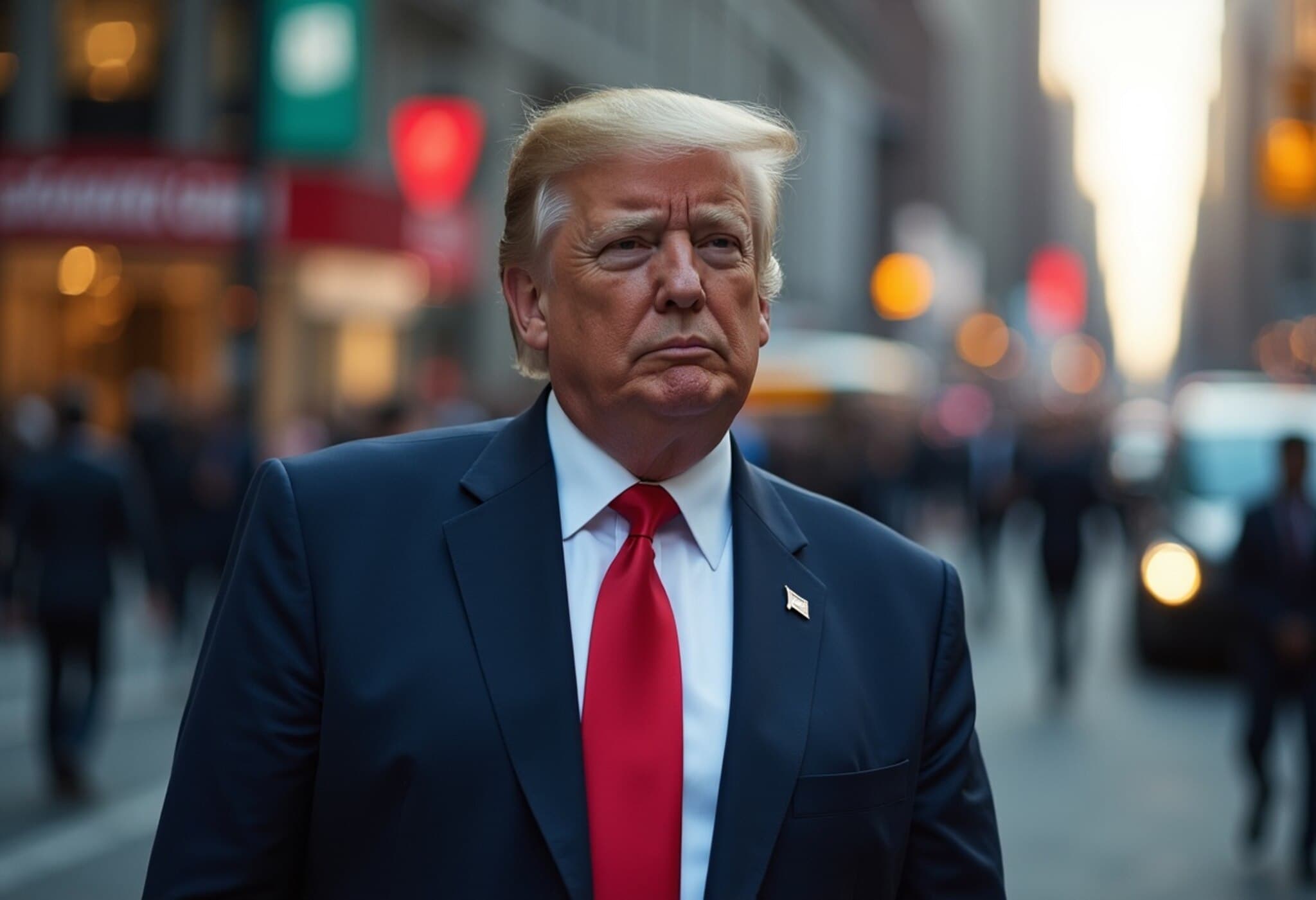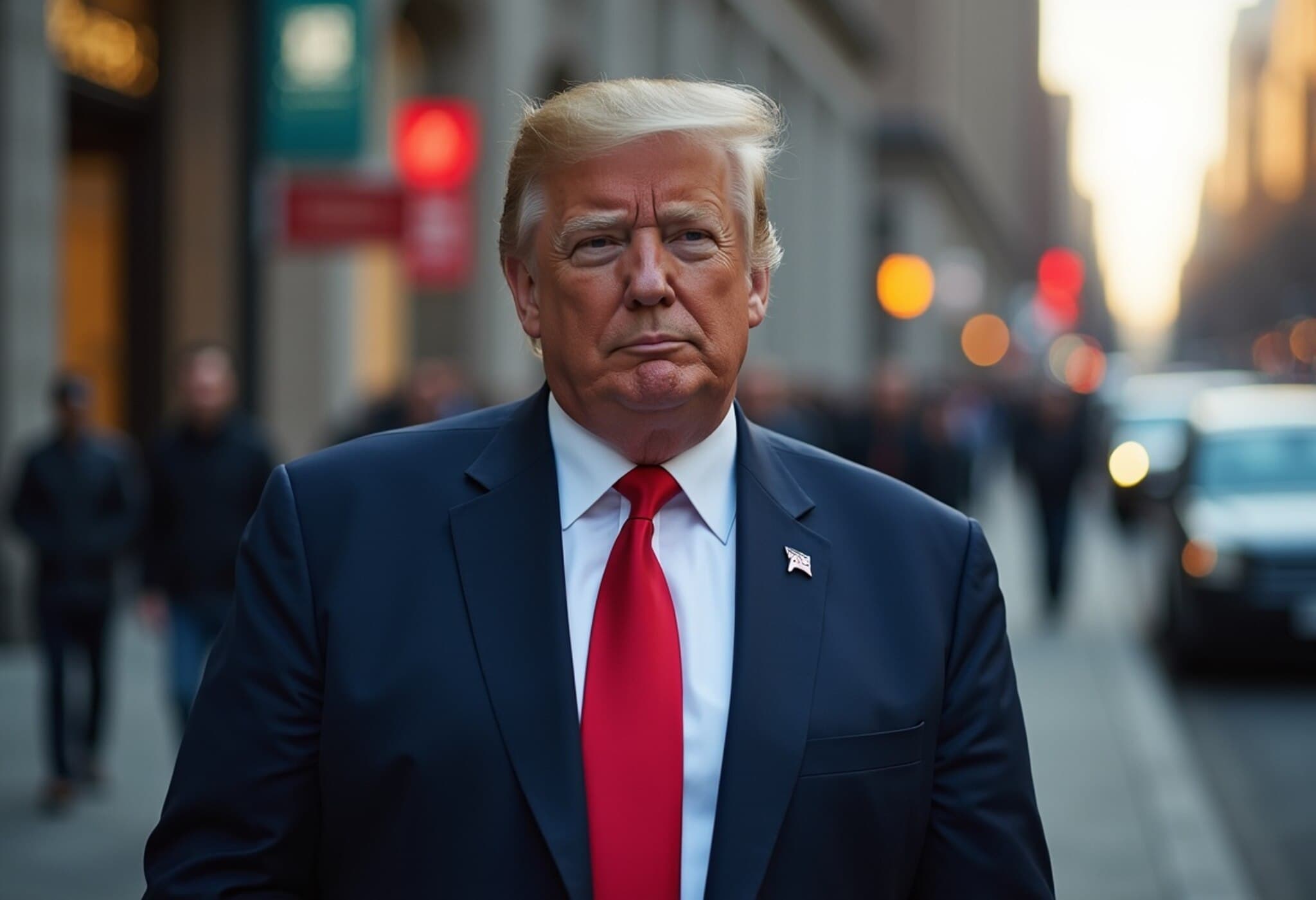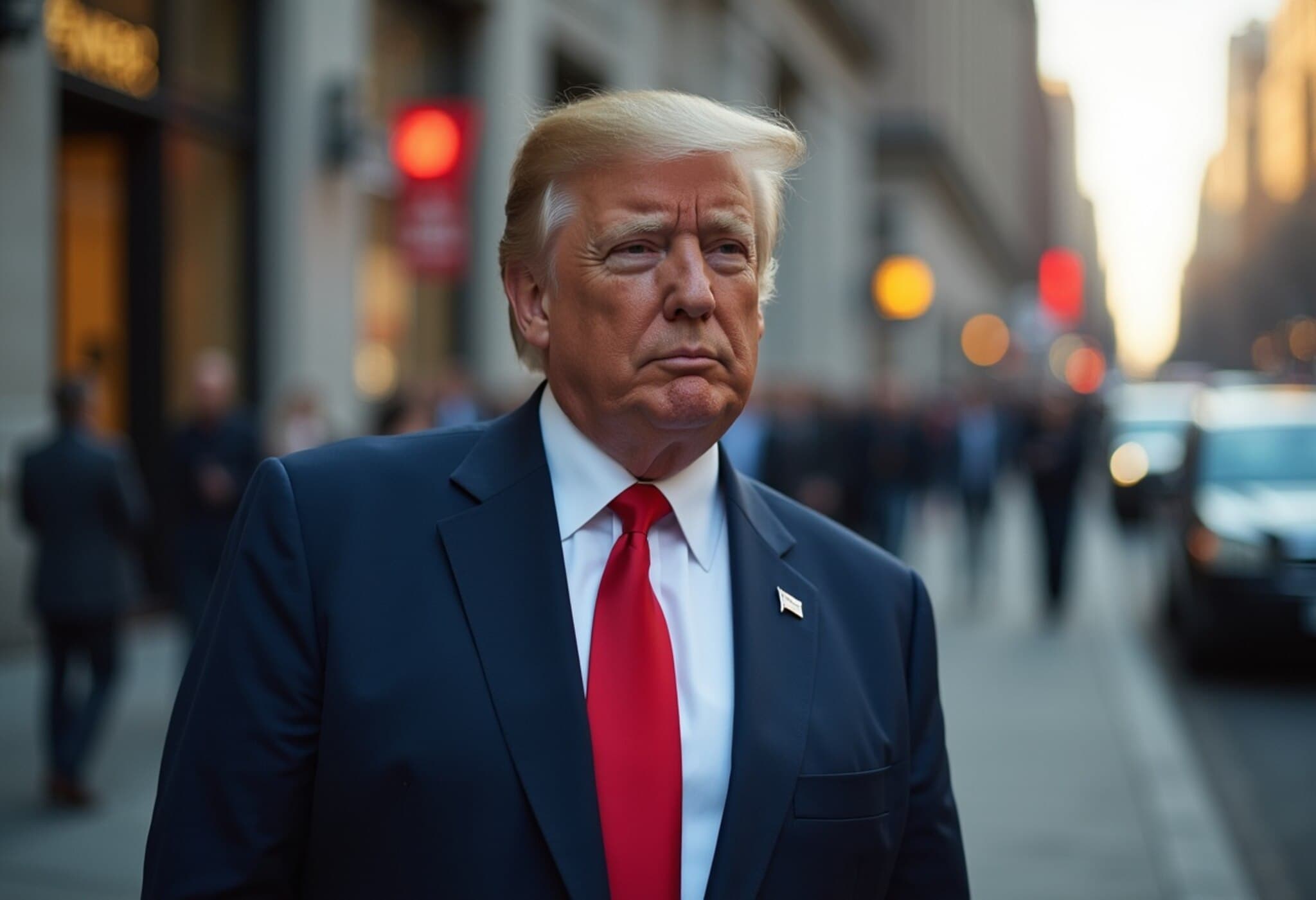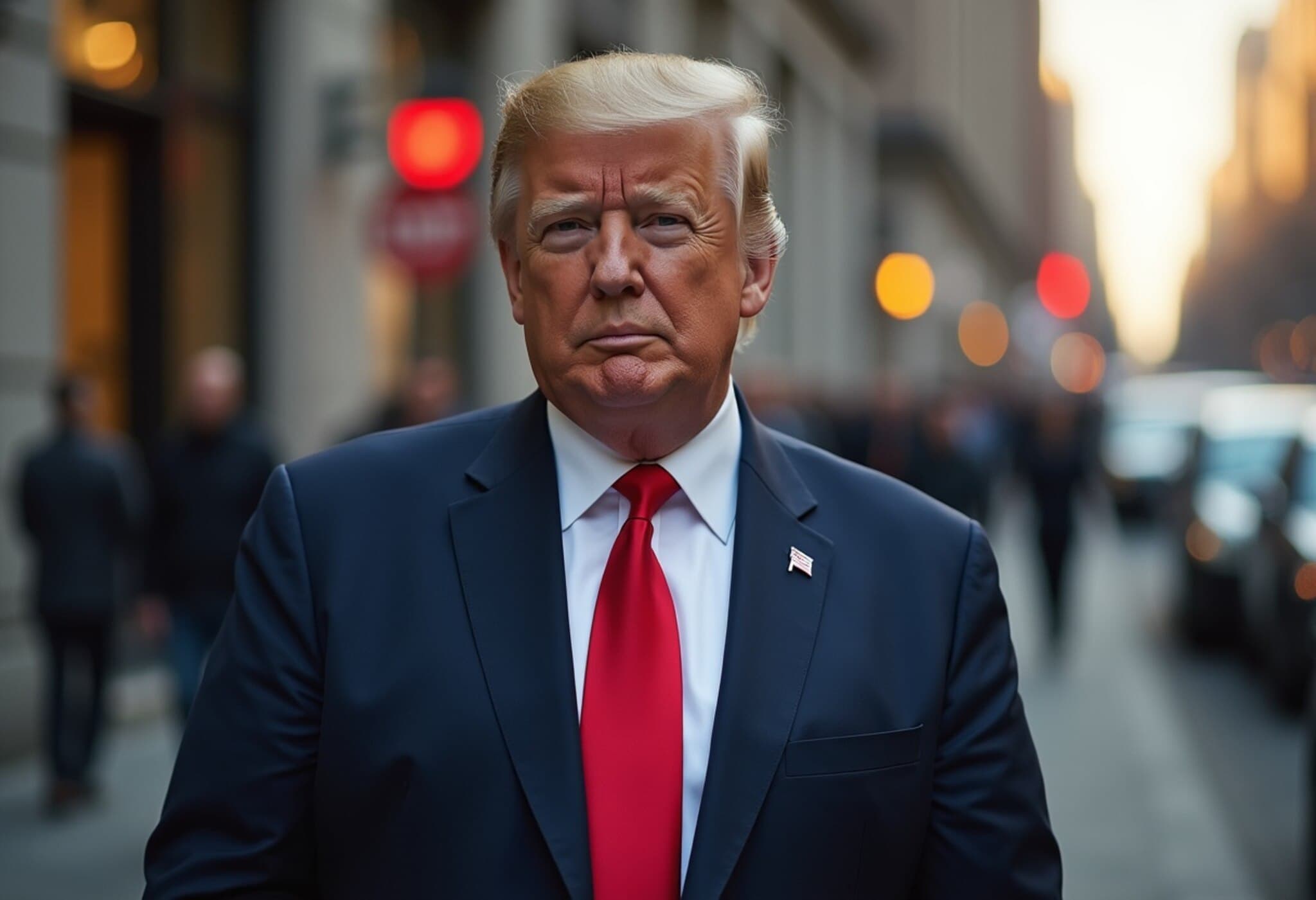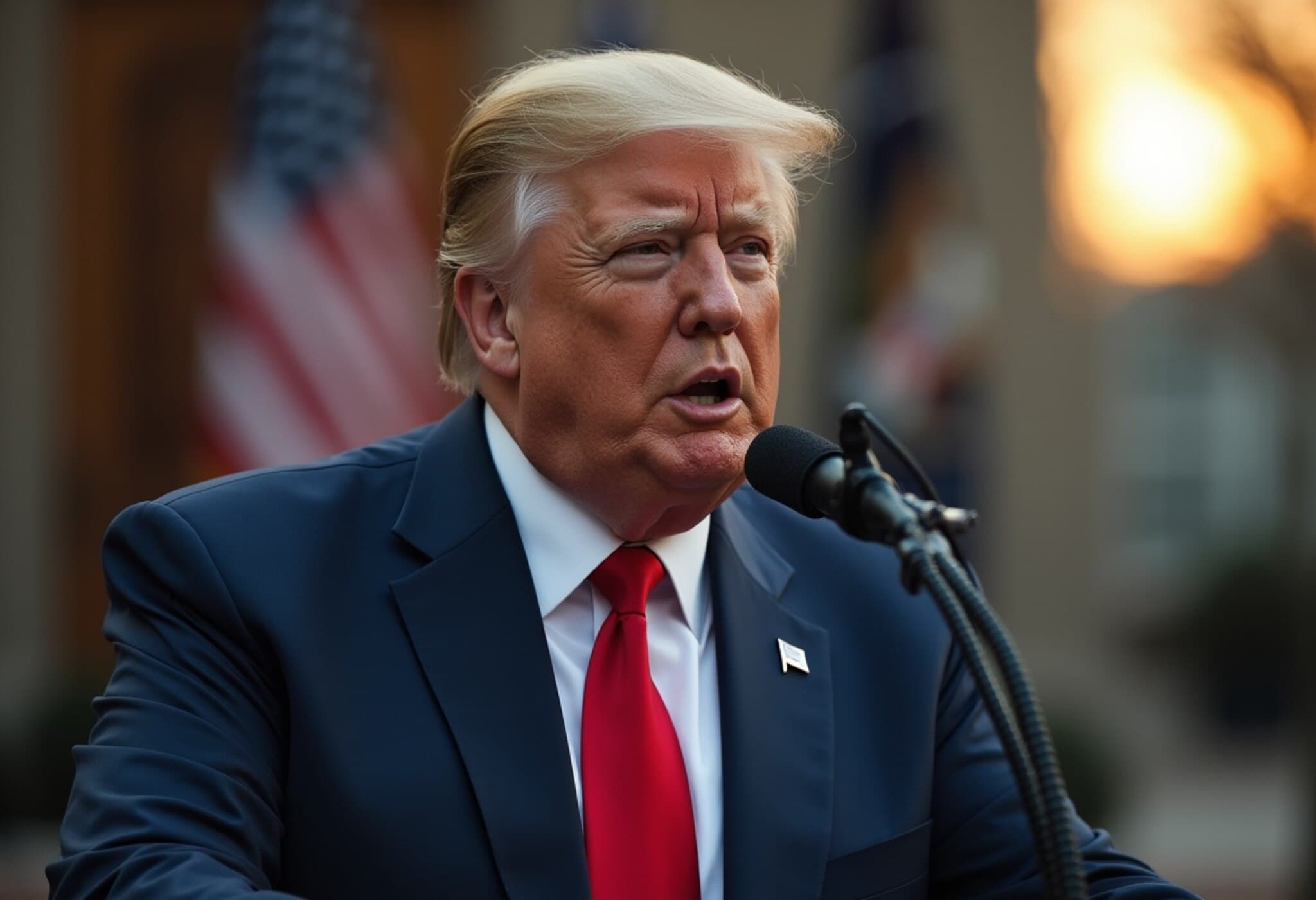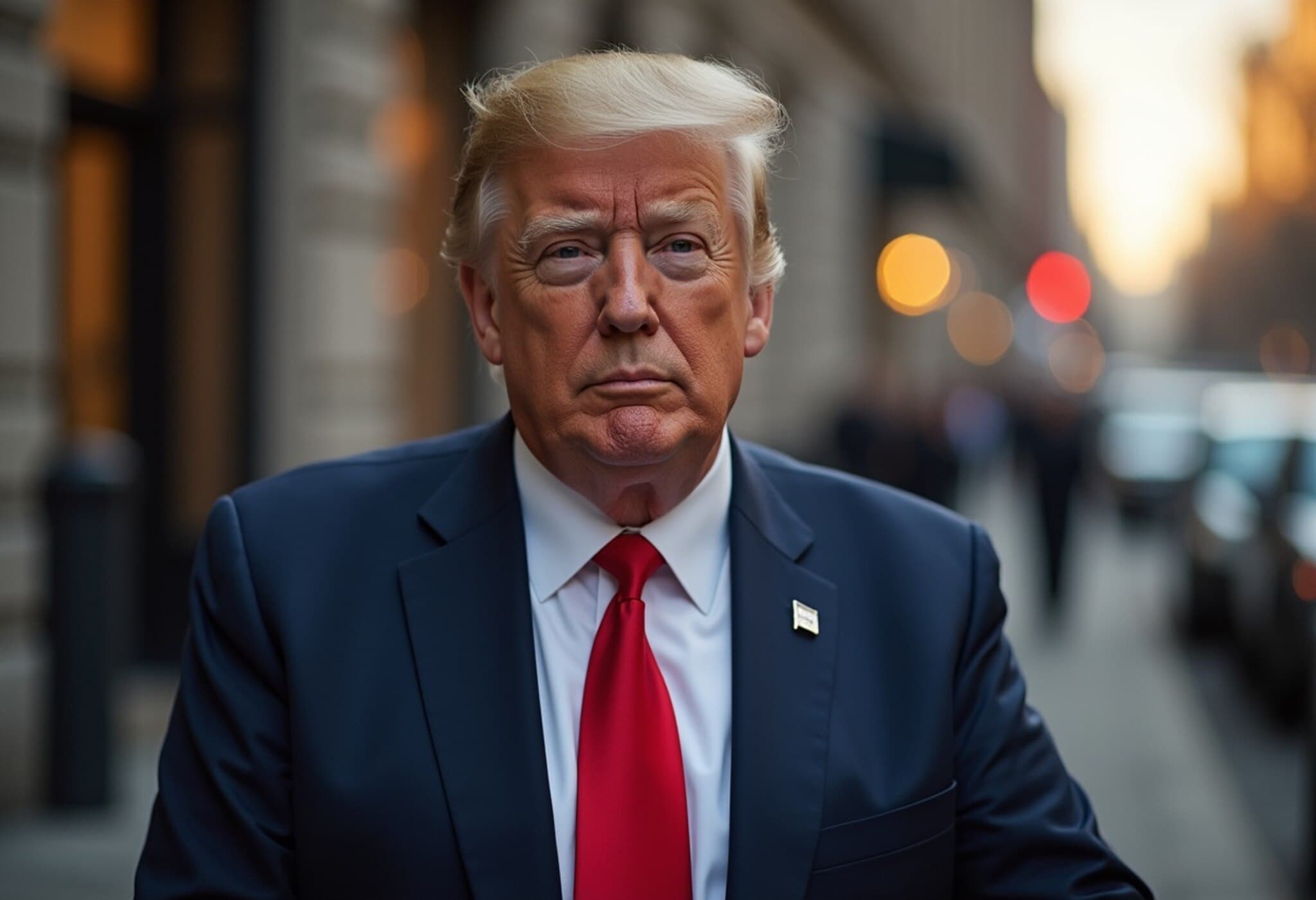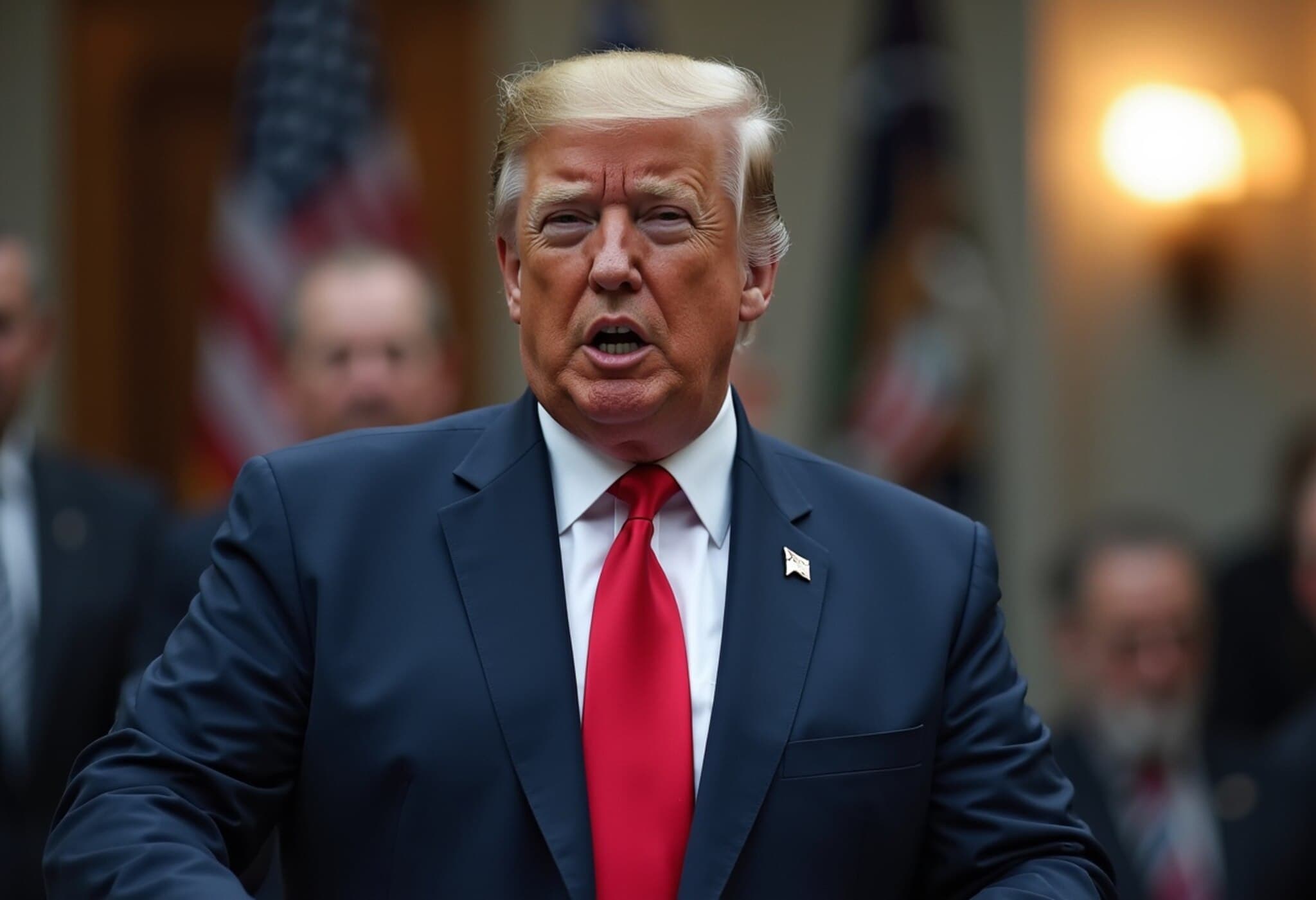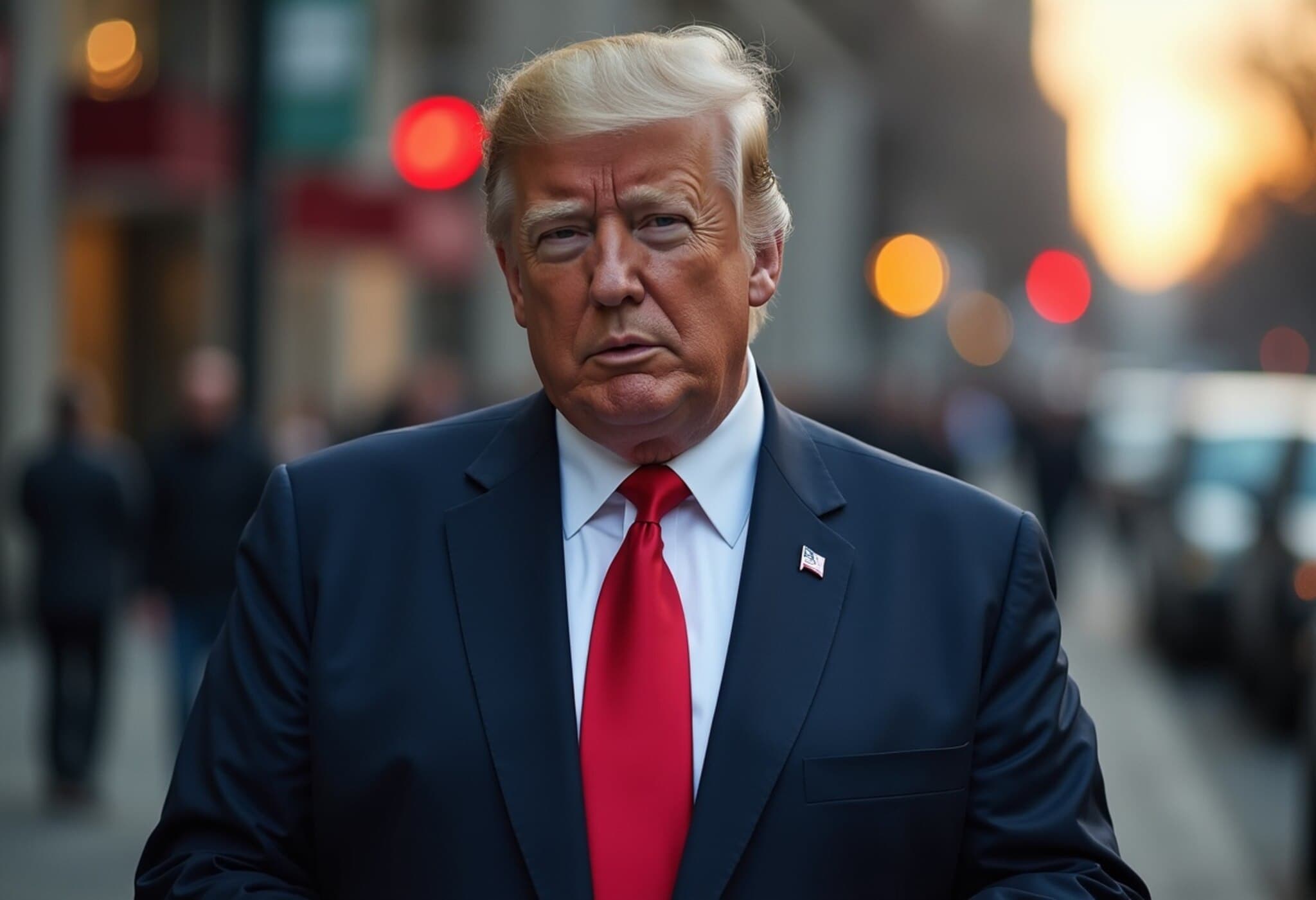Market Shaken as Revised U.S. Jobs Data Sparks Controversy
July 2025 brought unexpected turbulence to the U.S. jobs market, with fresh data revisions from the Bureau of Labor Statistics (BLS) revealing notable downward adjustments to May and June payroll numbers. Combined, these revisions slashed 258,000 jobs from earlier reports, sending shockwaves through financial markets and igniting a political firestorm.
Political Fallout: Trump Ousts BLS Commissioner Amid Accusations
President Donald Trump reacted swiftly and decisively, terminating BLS Commissioner Erika McEntarfer shortly after the harsh labor data was released. In a statement via Truth Social, Trump alleged that McEntarfer was a politically motivated appointee who manipulated employment figures prior to the 2024 election, asserting that the jobs numbers were "faked" to damage his administration's standing.
This move was met with sharp criticism across the political spectrum. Senator Ron Wyden, a leading Democrat on the Senate Finance Committee, accused the President of attempting to "cook the books," undermining the credibility of vital federal economic data. Meanwhile, Senator Rand Paul, representing Republican caution, remarked that firing the officials responsible for compiling statistics doesn’t change the underlying truth reflected in the numbers.
Why Accurate Labor Data Matters
Labor market statistics play a crucial role in shaping economic policy, corporate decisions, and investor sentiment. Reliable data ensures transparent economic governance, allowing policymakers to respond effectively to trends. Attempts to politicize or discredit such data risk impairing public trust and destabilizing markets.
Markets React Sharply to Jobs Report and Political Unrest
Friday’s market session marked the worst day in months for Wall Street's major indexes, erasing optimism that had prevailed earlier in the week. The S&P 500 tumbled 1.6%, breaking a 26-day streak of minimal daily fluctuation, signaling rising volatility and investor unease. The Dow Jones and Nasdaq Composite also stumbled sharply, while the pan-European STOXX 600 index declined 1.89%, reflecting global nervousness.
This downturn coincides with looming trade tensions; a wave of new U.S. tariffs scheduled to take effect on August 7 threatens to disrupt supply chains and inflate costs. These factors combined cast a shadow over near-term hiring prospects and economic growth.
Corporate Impact: Berkshire Hathaway Signals Caution
Echoing these broader economic concerns, Warren Buffett’s Berkshire Hathaway reported a year-over-year decline in operating profit to $11.16 billion. In its latest earnings call, the conglomerate specifically cited the complicated tariff landscape as an obstacle contributing to caution among its business units.
August’s Historic Challenges and Looking Ahead
Historically, August has been the second most challenging month for the S&P 500, according to data from the Stock Trader's Almanac dating back to 1988. Given the current confluence of revised labor data, political uncertainty, and tariff escalation, investors and policymakers face a precarious balancing act.
Underreported Angle: The Broader Impact of Tariffs on Global Trade Partners
Beyond the domestic scene, the U.S.’s recent imposition of a 39% tariff on Swiss exports caught Swiss officials off guard, undermining expectations of a more moderate bilateral agreement akin to those with the European Union and UK, which set tariffs between 10% to 15%. Switzerland, with around one-sixth of its exports destined for the U.S., faces significant economic pressures under this new regime.
This abrupt escalation threatens to ripple through international trade networks, pressuring global supply chains already strained by geopolitical tensions and post-pandemic recovery challenges.
Expert Commentary: Navigating the Intersection of Data Integrity and Economic Reality
Economists underscore that while administrative changes and political reactions may grab headlines, the fundamentals of the labor market remain grounded in tangible economic activity. The recent slowdown in job growth and slight uptick in unemployment to 4.2% reflect tangible strains, not mere statistical noise. As one leading labor economist noted, "Adjusting or dismissing data won’t reverse economic realities; it only delays necessary responses." This perspective highlights the critical need for policy grounded in accurate data rather than political expediency.
What to Watch Next
- August tariff implementation: How newly imposed trade barriers affect corporate hiring and investor confidence.
- Further labor market revisions: Monitoring data fidelity and transparency post-commissioner dismissal.
- Market volatility: Potential shifts as investors digest ongoing geopolitical and economic developments.
- US-Switzerland trade relations: Diplomatic developments following the unexpectedly high tariffs.
Editor's Note
The unfolding episode surrounding the U.S. employment data revisions and political shake-up underscores a critical tension in modern governance: the imperative for transparent, accurate economic data versus the temptation to politicize statistics to serve partisan narratives. As markets wobble and international partners recalibrate in response to tariff surprises, the overarching question remains — will U.S. economic stewardship reaffirm its commitment to evidence-based policy, or will short-term political maneuvering deepen uncertainty? This juncture calls for heightened vigilance from policymakers, investors, and the public alike.

